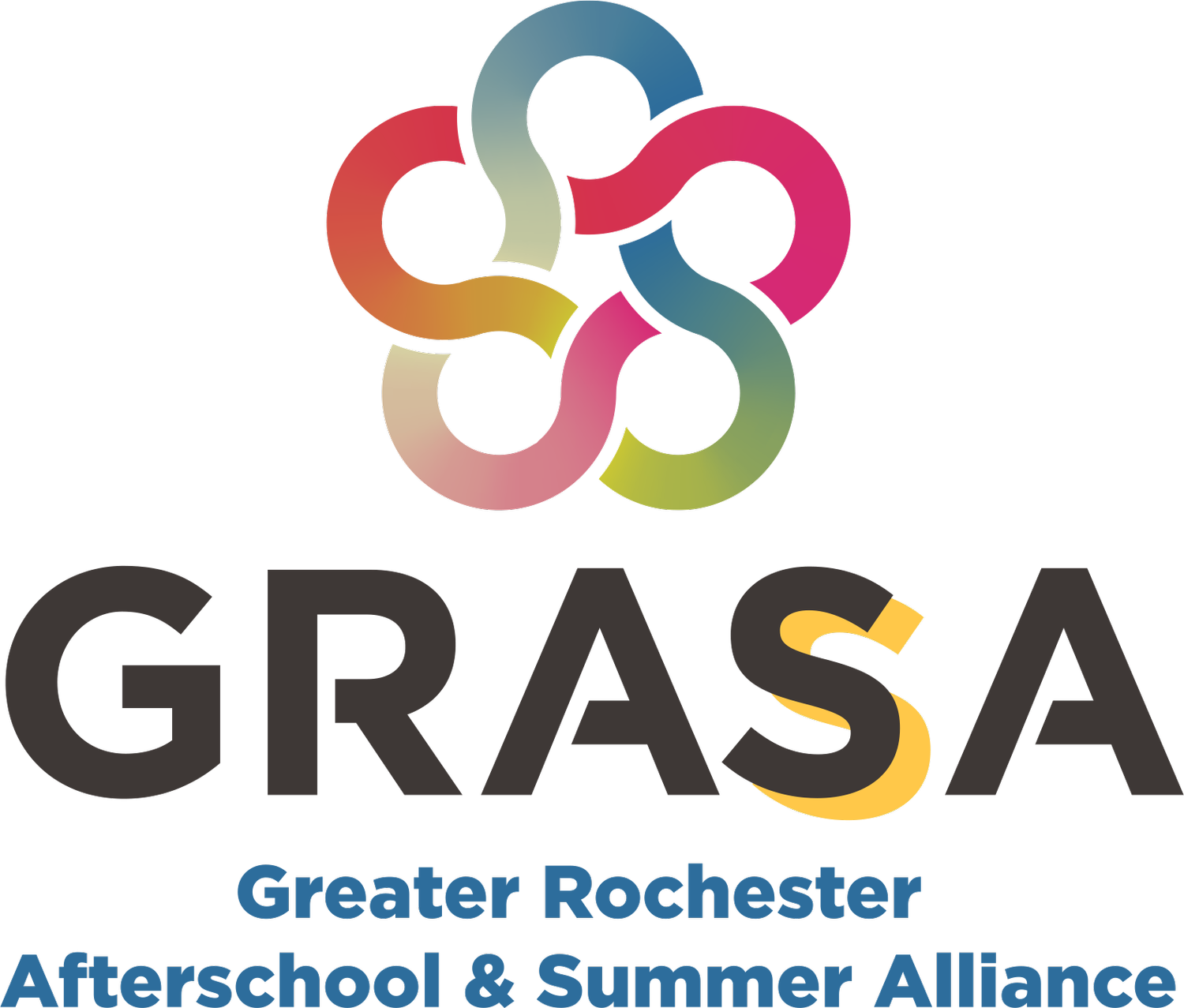GRASA’s Fall newsletter included a piece that was the first in a series of newsletters to focus on our new quality assessment tool, SEL PQA (Social & Emotional Learning Program Quality Assessment). If you missed it, you can find the installment on the first domain, Safe Environment, on our website.
This month we’ll talk about the second domain, Supportive Environment, which prioritizes building an environment that helps youth thrive nd grow through their experiences in the program. This domain is entirely new and incorporates emotional understanding, skill building and growth.
The first of three scales in this domain focuses on Emotion Coaching which asks staff to: Acknowledge emotions; Support young people to name emotions; Discuss constructive handling; and Discuss emotion causes. This scale encourages staff to build on the foundation of emotional environment from the first domain by diving deeper into understanding the emotions youth are showing and helping them constructively handle them.
The second scale in this domain, Scaffolding Learning, prioritizes that learning happens in a way that is effective and encouraging. The four scales in the domain include: Break tasks into steps; Model skills; Encourage young people to improve performance; and Monitor challenge level.
The final scale in the Supportive Environment domain is Fostering Growth Mindset so that youth see beyond where they currently are to the promise they can achieve. In this scale, programs are asked to: Guide young people to self-correct; Use non-evaluative language; and Attribute achievement to effort.
As many elements of this domain are new, it’s understandable that programs will need some time to build the elements into their programming and with their staff but we see it as an extremely valuable measure of quality that will drive really positive outcomes with young people in our community.
For more on the SEL PQA click here and check back next time for a look at the Engaging Environment Domain.
